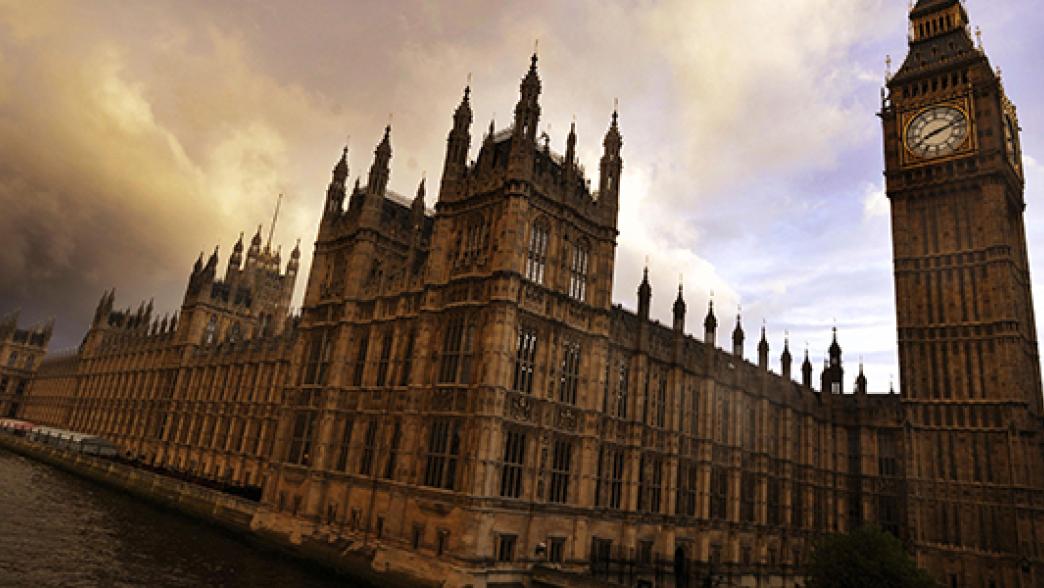Legislating by consent: how to revive the Sewel convention
The future of the Union could be put at risk without reforms to the principle of legislative consent.

The future of the Union could be put at risk without reforms to the principle of legislative consent which lies at the heart of the devolution settlement.
This report warns that passing UK-wide legislation in Westminster without the consent of the devolved nations risks undermining the stability of devolution, power-sharing in Northern Ireland, and even the Union itself. It recommends ways to repair this breakdown in trust, to hold UK ministers more accountable for decisions relating to devolution, and to reassure Scotland, Wales and Northern Ireland that Westminster does not intend to undermine the devolution settlements.
The UK government insists that it will uphold the Sewel convention, under which Westminster does not normally pass laws in devolved areas without devolved consent, but the devolved administrations believe that Brexit has exposed the convention’s limitations and left devolution vulnerable to unilateral actions taken at Westminster. The UK government has already forced through two key pieces of Brexit legislation without the approval of all the devolved nations.
The controversial UK Internal Market Bill is causing further tension over Westminster’s approach to legislating in devolved areas, and other Brexit-related bills mean further disputes are likely ahead of the 2021 Scottish and Welsh elections – at which Scottish independence will be one battleground.
Both the UK and devolved governments are committed to making the consent process work, and committees of all five legislative chambers of the UK recognise the need to reform Sewel.
The report says the governments of the UK should work together to reform and strengthen the convention. It recommends:
- Formal recognition by the UK government that consent is required for legislation that amends the powers of the devolved bodies as well as for legislation in already devolved areas such as education or housing
- The UK and devolved governments should reach agreement on the limited circumstances in which consent need not be sought for legislation in devolved areas
- An agreed minimum period for Whitehall departments to share draft legislation with their devolved counterparts before introduction into the UK parliament
- Ministerial ‘devolution statements’ at the introduction of a bill to set out why consent is required and then again if the UK government has chosen to proceed without consent
- A greater role for parliamentary committees – such as a new devolution committee – in scrutinising the devolution implications of all legislation and considering how the UK and devolved governments could resolve disputes over consent.
- Keywords
- The union Internal market Select committees
- United Kingdom
- Scotland Wales Northern Ireland
- Publisher
- Institute for Government